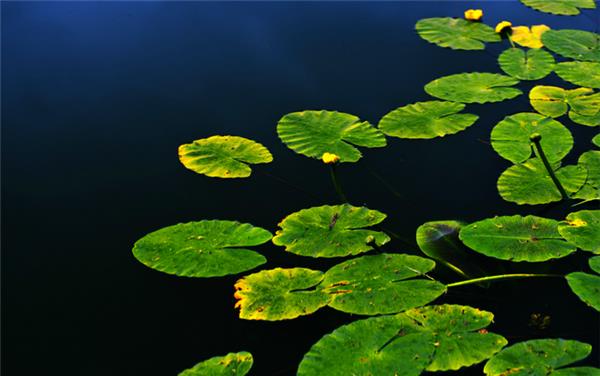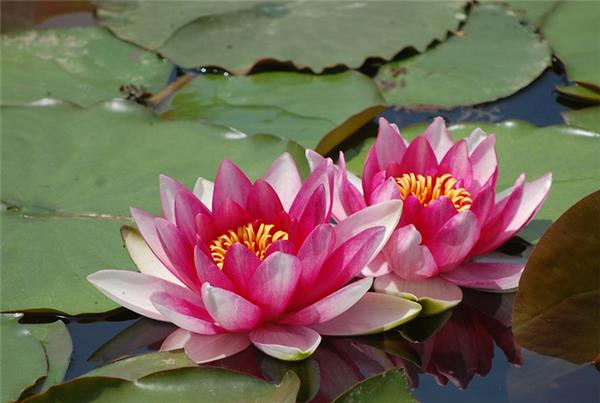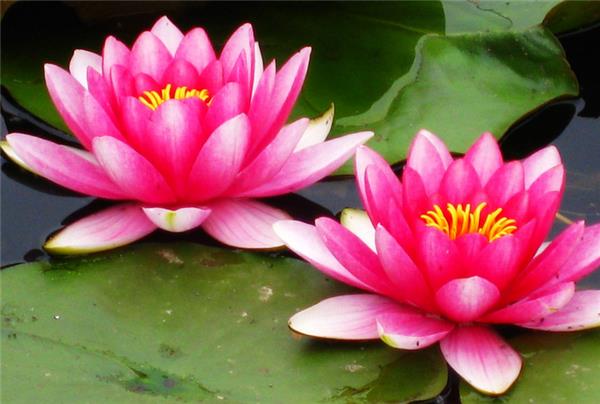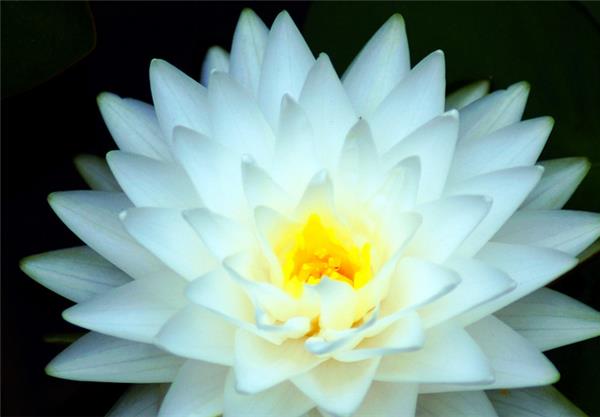[how to raise water lilies] the culture method of water lilies
In people's minds, water lilies have always been a species of water flowers with high ornamental value, so water lilies are often used in water plant landscaping, and mini water lilies are the most commonly used in places with relatively small planting areas. what are the planting methods of water lilies? how to raise water lilies? Let's learn about this:

First, how to raise water lilies
1. Choose the cultivated soil: mini Nymphae prefers humus-rich and fertile clayey soil. Therefore, it is better to choose the silt deposited in Hanoi or ponds for a long time for cultivation.
2. Select the seed stem: mini water lilies are often cultivated by split-plant method. The selection of seed stem is also the key to the success or failure of cultivation. For the underground rhizome used for planting, the vigorous, virus-free, damage-free, non-rotting section with new buds should be selected and cut into segments 6 to 10 meters long.
3. Appropriate shallow planting: if the underground stem of the mini water lily is too deep in the mud, one is the low soil temperature, the other is the lack of oxygen, which is not conducive to early growth and rapid development, and the cultivation depth is generally moderate to keep the new buds on the underground stem flat with the soil surface.
4. Adequate light: mini water lilies prefer a sunny, warm, humid and well-ventilated climate. Mini water lilies cultivated in pots must be placed in a position with plenty of light so that they can receive full light.
5. Water conditions: mini water lilies like to grow in calmer water bodies without large waves or rapids, so they often grow poorly in artificial fountains with high-pressure water columns or in pools with rapids waterfalls. The suitable depth of water for planting mini water lilies varies with different varieties.

Points for attention of water lilies
Turn the basin and change the soil: every year before and after the Spring Equinox, combined with ramet, turn the basin and change the soil to keep the soil fertile and meet the nutrient needs of water lilies.
Expand the water surface: small water surface, overlapping leaves, will affect flowering, it is best to pot pot culture, each plant provides more than 1 square meter of water surface can promote more flowering.
Increase the application of fertilizer: potted water lily fertilizer, generally as long as the choice of fertile soil, planting to add some chicken dung, bone meal as base fertilizer is enough. If you want to promote more flowering, you can increase the topdressing of phosphorus and potassium several times during the flowering period. Must not apply more nitrogen fertilizer, otherwise, because the vegetative growth is too exuberant will inhibit its reproductive growth, resulting in poor flowering or no flowering.
Pest control: the leaves of water lilies are vulnerable to nocturnal moths and other leaf-eating pests, resulting in leaf damage and reduced photosynthesis, which is bound to affect flowering and should be prevented and controlled in time.

III. The efficacy and function of white water lilies
1. The appreciation value of water lilies.
White water lily is a kind of aquatic ornamental plant, which is generally planted in water and belongs to the best among aquatic plants. The color of white water lotus is relatively simple and elegant, it is generally mainly white, and the flowers are also very large. It is a variety of flowers and a plant with ornamental value. In some families with aquaculture aquatic plants, white water lotus is a more popular one.
2. Horticultural value of white water lilies.
White water lily is also used very early in garden art, and it is one of the earliest flowers used in garden art. And not only in our country, but also in some other countries, white water lilies are often used as materials for waterscape themes. In modern European and American garden art, white water lilies are often used as landscape decoration. It is a kind of flower with great horticultural value.
3. The greening value of water lilies.
White water lilies can absorb harmful substances such as mercury, lead and benzene in water, and can also filter microorganisms in water resources to make the water quality clearer, so in many cities in the world, white water lilies can be used as water purification, greening and beautification, so they have received the attention and preference of people all over the world. It is believed that in the future development, the greening value of white water lilies will love this plant more.

Sleeping lotus flowers are large and beautiful, especially beautiful when floating or above the water surface, and now more and more people like to plant water lilies at home. This is the end of today's introduction to the breeding methods of water lilies. If there is anything that is not clear, I hope you will forgive me.
Related
- Wuhan Hospital Iron Tree Blooming Result Was Instantly Frightened by the Gardener Master
- Which variety of camellia is the most fragrant and best? Which one do you like best?
- What is the small blue coat, the breeding methods and matters needing attention of the succulent plant
- Dormancy time and maintenance management of succulent plants during dormancy
- Minas succulent how to raise, Minas succulent plant pictures
- What are the varieties of winter succulent plants
- How to raise succulent plants in twelve rolls? let's take a look at some experience of breeding twelve rolls.
- Attention should be paid to water control for succulent plants during dormant period (winter and summer)
- Watering experience of twelve rolls of succulent plants
- Techniques for fertilizing succulent plants. An article will let you know how to fertilize succulent plants.



